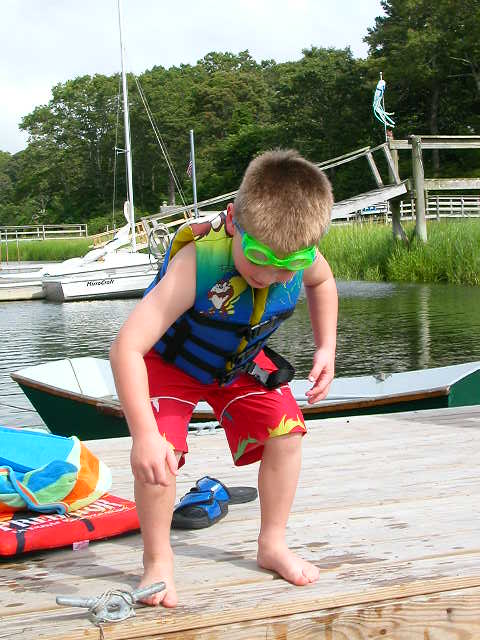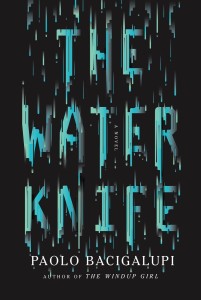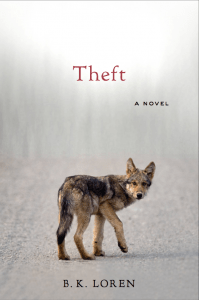
Snow’s on its way. I’ve closed up the garden and turned my attention to indoor pursuits. It feels good.
In the last two seasons I’ve learned a few things about tending a tiny farm. It’s a ton of work, for starters, which I knew. But also didn’t. Just as I knew, but also didn’t, how raising a high school senior and keeping a garden bigger than the house would invade writing time.
Still, I’ve managed to harvest some bits of wisdom along the way:
Two roosters fight. Constantly. If you try and give one of your men to a gal pal with more land and a bigger flock, she will lecture you about why you should be made of tougher stuff. Real farmers suck it up. They do what’s necessary.
So, you research what to do.
No one else you know wants, or is allowed to raise, a rooster. If you list your FREE rooster on craigslist, he will be used as cockfighting bait for champion roosters to practice on.
You let your two fellas range in the pasture, hoping nature will decide. The red-tailed hawk that hunts on your land looks hungry for fresh chicken, but the boys are better than you thought at avoiding danger. This is the only activity during which they create an alliance in order to survive.
Weeks pass. Every time you feed the birds, you get assaulted by the big rooster Carson (formerly named Custer), who shows his irritation that you’re near his harem by flying at you sideways with his spurs out.
In the interest of taking care of your own business and being merciful, you have to kill him. Then you explain to your kids how not all living things on our farm are pets.
Even though this is a lie.

Bees sometimes swarm. When your bees flee, it doesn’t mean you’re a bad parent. It’s not like 20,000 kids ran away because you neglected them. This just happens, according to experts who know. If your bees only get as far as the plum tree twenty feet from the hive, and you catch them after watching seven videos on YouTube about how to do it, count that as success! The dog, who tries to “help” and gets stung twenty-seven times, will be okay once the swelling goes down.
Try not to congratulate yourself too much. The next day, your bees will get attacked and killed by someone else’s robbing swarm, and that will be the end of that. Utter colony collapse.
There’s always next year. You have all the equipment now.

Gardens get big. When, in your spring zeal to GROW a GARDEN, you plant three times more tomato, pepper, zucchini, and bean plants than your family can possibly handle, remember to preserve, can, freeze, salsa, red sauce, bruschetta, and chili your way through harvest. Once the shelves and freezer are full, you can SHARE the wealth. It’s important to hear poorly at this time. For example, when friends in August try to tell you they’ve got all the zucchini they can handle, it really IS okay to insist they take more. It’s their civic duty.
Also, you can leave presents on the porch when they’re not home which, let’s face it, is better than a visit from Santa.

Labradors like birds. If a friend’s dog attacks your remaining rooster Willy (formerly named Napoleon), think carefully before you use your home as the infirmary. Chickens really do prefer to be outside. Once the injured fella is inside the house, there’s no helping the way the whole of your living space will smell like a barnyard. Several websites will suggest giving injured chickens Epsom salt baths and syringe-feeding them electrolytes, and you can employ these methods if you want.
However, it will likely make tending Willy’s psychic and physical well-being very heartbreaking. Your friend’s dog gave him a sound thrashing, and his legs are clearly broken.
Try not to be relieved when he dies on his own. You won’t have to subject your children to another round of murder, which, as they keep reminding you, will be the reason they’re in therapy later.

Woodstoves are a hassle. If you have a tantrum about the inefficient woodstove in the living room that leaks and covers the furniture with ash and takes up too much space and MUST COME OUT, and if, then, you watch more YouTube videos about extracting the beast from your world, be careful. These videos are not nearly as entertaining as the ones you watched about bees. You might discover that woodstoves are quite heavy, and awkward to move, and you can’t do it alone. So you enlist your spouse, the foul-mouthed pirate, who helps you while he cusses the thing out the door. When it’s over, he’ll tell you that this activity does NOT qualify as an emergency, and that it would be nice if you could learn the difference between what is acute and what can wait for someone who knows what the hell they’re doing to help you out.
Also, when you remove something attached to the house, you will be left with HOLES in the wall and in the roof. Because you were a Girl Scout, you’ll be able to insulate the holes, and also fashion a piece of tarp to prevent any water from coming in through the roof.
But it will be a sad little Band-Aid of a solution.
Remind yourself not to let too much time pass before you arrange a drywaller and roofer to clean up your mess.
Because critters WILL find this space. Word spreads fast about the easy access your tantrum has created. You’ll likely hear them in the night, scratching and squirreling away food for winter and hiding whatever they’ve found inside the walls.
Fall is windy. You might hear the chimney cap you jammed back into the hole in the roof fly away one night in the wind and land somewhere in the yard. The next day, you’ll climb up there and put it back in place and wonder how a person who’s smart in so many ways could have decided to proceed with home “improvement” in this way.
You will have to get the roof patched. You will.
Kids leave home. If you’ve raised them right. Because hasn’t this been the point all along? To plant the seeds, to build the tools, to foster independence? He’s ready. He’s got the skills to drive his own life, mostly. He’s already making plans, one eye on the door to the what next, and he’s itching to walk through it.
But he’s wistful and tender, too, about his “youth,” as he calls it, which is almost as funny as when he calls himself “a grown man.” Because neither is true today, and both squeeze your heart. The little melon-headed boy who had two speeds: awake and busy with endless questions, or asleep and sweating, breathing too loudly. The young man: articulate, curious, driven.
You hadn’t reckoned on this. The way your boy is a man and still such a child.
Maybe you’re the one who’s not ready.
You’ve got seven months left, and you’ve been telling yourself for a couple of years that you’ll have a party when that boy leaves the house and takes his stubborn opinions, loud music, cloying cologne, disgusting bathroom habits, and bottomless hunger with him.
And you will.
But now, you’re thinking about how quiet it will be without the hum of him, and how much bigger your tiny house will be without the size 11 shoes he dismounts from and leaves in front of the door and the bags of swim gear and books you trip over. You’re thinking about how the leaving, for both of you, is the beginning of the rest of his life disconnected from you but tethered to everything that’s come before.
It’s a lot to process. This joyful sadness.























